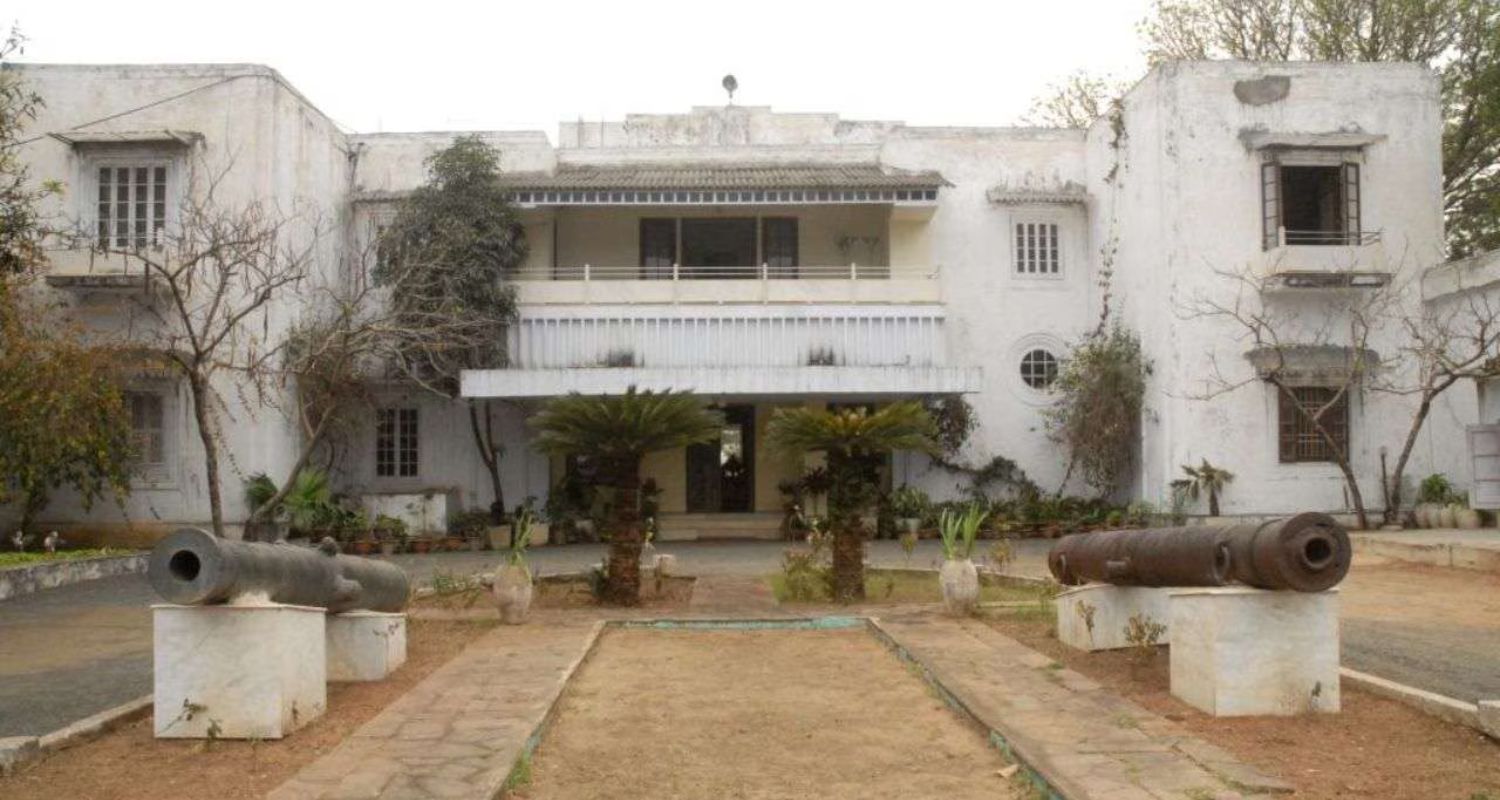In a major legal setback for actor Saif Ali Khan and the Pataudi family, the Madhya Pradesh High Court has overturned a 2000 trial court verdict that had recognised the family as rightful heirs to ancestral properties valued at approximately ₹15,000 crore. These properties, spread across Bhopal and Raisen, have now come under the purview of the Enemy Property Act, reigniting a decades-old legal and emotional battle tied to Partition-era migration.
The High Court, while rejecting Saif’s plea, ordered that the succession case be heard afresh by the trial court — this time with a one-year deadline to reach a decision. It ruled that the lower court had erred in basing its judgment solely on an older order by the Allahabad High Court and had failed to consider other key aspects of the complex royal inheritance.
The royal legacy and the property dispute
The controversy traces back to Nawab Hamidullah Khan, the last ruling Nawab of Bhopal, who had three daughters — Abida Sultan, Sajida Sultan, and Qamar Taj Rabia Sultan. After India’s Independence, Abida Sultan migrated to Pakistan in 1950, while Sajida Sultan, who married Nawab Iftikhar Ali Khan Pataudi of the princely Pataudi state, remained in India. Sajida later became the legal heir to the Bhopal properties.

Sajida's son, Mansoor Ali Khan Pataudi, former Indian cricket captain, was Saif’s father. Following her demise, the inheritance passed on to her children — Saif Ali Khan, Soha Ali Khan, Saba Ali Khan, and their mother, Sharmila Tagore. The properties in question include several heritage estates and buildings: Flag House in Kohefiza, Ahmedabad Palace, Dar-us-Salam, Noor-e-Saba Palace, and the forest and Kothi in Chiklod in Raisen. For years, the Pataudis have maintained that these were their lawful family holdings.
The turning point came in 2015, when the Enemy Property Custodian Office in Mumbai — functioning under the Ministry of Home Affairs — declared these properties as enemy property. Under the Enemy Property Act, 1968, the Indian government is empowered to seize properties left behind by people who migrated to Pakistan or China after Partition.
The government’s case rests on the fact that Abida Sultan, being the eldest daughter of Nawab Hamidullah Khan, moved to Pakistan, making her and potentially the assets she was tied to subject to the Enemy Property Act. Though Sajida Sultan and her lineage remained in India, the Custodian of Enemy Property moved to claim the entire estate, arguing that the inheritance chain was compromised.
In response, members of the Bhopal royal family — including Begum Suraiya Rashid, Begum Mehar Taj, and others — opposed the government’s claim. They said that Sajida Sultan was officially declared the Nawab and rightful heir under the Bhopal Throne Succession Act of 1947, which was used to decide royal inheritance after Bhopal became part of India. They also noted that Nawab Hamidullah Khan died in 1960, and in 1962, the government had issued a letter confirming Sajida as his legal heir under Article 366(22) of the Constitution.
Also Read: Saif Ali Khan attack case: Police file 1000-page chargesheet
While the Bhopal District Court initially sided with the Pataudi family in 2000, citing Sajida Sultan’s status as the successor, the matter was escalated with appeals filed by other descendants in the Madhya Pradesh High Court.
The High Court has now concluded that the trial court had prematurely dismissed those appeals by relying too heavily on an order from the Allahabad High Court and by failing to account for the Supreme Court’s later decision that struck down the Throne Succession Act after the Bhopal princely state merged with the Indian Union.
With the High Court cancelling the earlier decision, the legal fight over one of India’s most well-known royal properties is still not over. The trial court will now have to look at the case again and give a verdict within a year. For Saif Ali Khan and his family, this is another step in their long and emotional journey to get back what they believe is their rightful inheritance — not just in terms of money and palaces, but also their family’s history, identity, and legacy.
Also Read: Saif attack case: 19 of 20 fingerprints don't match accused


